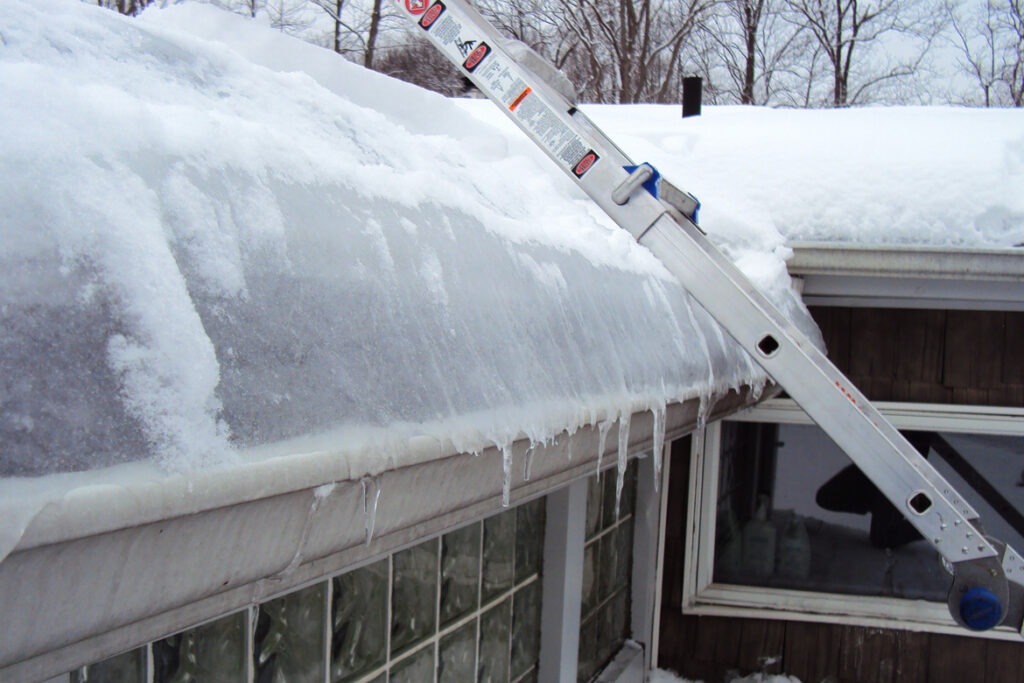Spring is here: the clocks have sprung forward and the meltdown has begun. It’s been especially welcome in areas such as Boston, which dealt with the snowiest winter and the second coldest February on record. Homeowners were confronted with a range of issues from ice dams, roof leaks, and collapses in staggering numbers, but they aren’t out of the woods yet, as more leaks and flooding could arise (April showers are on their way!).
Companies and contractors need to educate homeowners and local businesses about the signs and dangers of faulty roofs after this long, harsh winter. There is also the need to communicate with local insurance companies, city officials, and real estate professionals to help them respond to customers looking for guidance and direction as they work to repair damages to their homes.
Homeowners who have experienced severe ice dams may need to file an insurance claim for repairs, but some insurance companies cannot send out an adjuster until the homeowner has had their roof inspected. Always check with your insurance provider because coverage and requirements vary. Many reputable companies will inspect roofs for FREE in order to help homeowners file their claims. Even for those homeowners who do not need to file claims, free roof inspections are a helpful resource when assessing the damage that this winter has inflicted.
Contractors should share with homeowners these signs that a roof could be in trouble:
- Absence of leak barrier in the eaves, rakes, valleys, dormers, and chimney
- Granules in gutters or downspouts (although some granule loss is normal and part of the natural aging of a roof)
- Curled shingles
- No ridge vent
- Moss and/or lichen on shingles
- Tar at base of chimney (not lead)
- Water stains in attic and ceilings
- Interior doors not properly closing
- Visible cracks in drywall or plaster around door frames
- Rafters that are bent, bowed or cracked on a roof that is flat or slightly pitched
- The sound of popping or cracking
To read the original article, click here.

